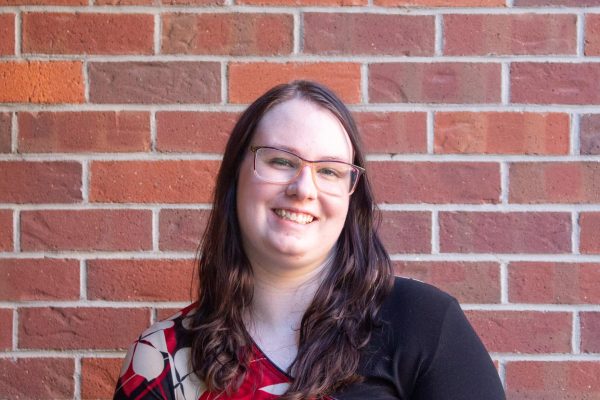As the California Faculty Association is on its fifth day of the strike authorization voting period, they also continue the fact-finding process with California State University management.
The fact-finding process began on Oct. 16. The two organizations have already met a few times to discuss leaves of absence without pay, or article 23 of the collective bargaining agreement, and health and safety, or article 37, according to the CFA.
A CSU representative said:
“The CSU is committed to negotiating in good faith and reaching an agreement with CFA. The CSU is aware that CFA has begun a strike authorization vote and respects CFA’s right and decision to do so as part of the collective bargaining process.”
Chico State biological sciences lecturer and department representative Juan Araujo-Sariñana and faculty member Robin Averbeck both strongly believe the outcome of the vote will be yes.
Around 5,000 CFA members voted on the first day of the voting period, according to Araujo-Sariñana. There are around 29,000 CFA members in total.
Araujo-Sariñana and Chico State faculty member and political science department co-representative Michael Coyle both believe the CSU has been negotiating in bad faith.
“CSU Administration is acting in bad faith, not only against what is ultimately best for students and faculty, but like vulture capitalists only concerned with growing their own salaries based on pillaging the state, students, and Californians. Shame,” Coyle said.
On Sunday, during the CFA Fall Assembly, forensic accountant and Eastern Michigan University professor, Howard Bunsis, presented a financial analysis of the CSU.
This presentation, according to the Araujo-Sariñana, “clearly stated that the CSU presents the most bleak outlook of the financial future of the CSU.”
Averbeck said the presentation made it very clear that the CSU can afford to meet the CFA’s demands.
According to Averbeck, “admin refuses to acknowledge this and persists in claiming that resources are too thin on the ground to pay the people who actually do the work of the university fairly.”
The Orion has reached out to Bunsis and is awaiting a response.
If the 12% general salary increase, and other demands, are not met it will severely impact faculty across all 23 CSU campuses.
“Well, I already work two jobs. I work seven days a week right now. If the CSU doesn’t meet our demands then I’ll just have to continue working two jobs with no end in sight,” Araujo-Sariñana said. “If the CSU continues to suppress our wages I might just have to begin looking for better opportunities.”
Averbeck also said she and her husband will continue to worry semester to semester how many classes will be offered and “what will be possible for us [Averbeck and her husband] in the future.”
In the event a strike does occur, Averbeck said she will be on the frontline encouraging everyone to show solidarity, as will Araujo-Sariñana and Coyle.
“I definitely am thinking about my students and making mental plans so that a work stoppage isn’t too impactful on their learning,” Araujo-Sariñana said.
Averbeck said it is important that faculty members step up to save public education, as it is “under siege across the country;” and they can accomplish this by withholding their labor to create a more “just CSU, because the universities cannot run without us.”
“Faculty, lecturers specifically, are drowning. We are teaching 50% to 60% of the classes and making less than $50,000 a year,” Araujo-Sariñana said. “President [Gayle] Hutchinson made more than I made just in her housing stipend. CSU administration needs to invest in its people, we are the heart of the university. You have the resources, you are sitting on billions of dollars in reserves, it is time to invest in your faculty.”
The strike authorization voting period will end on Friday. The fact-finding session is ongoing and there is no estimated end date.
Ariana Powell can be reached at [email protected] or [email protected].











